The heads of state and government of the European Union made a bad decision last night by approving the opening of accession negotiations with Ukraine, experts said at the year-end press conference of the Center for Fundamental Rights.
Ukraine's Accession Talks: Are We Closer To World War?
War should be an argument against accession, because it imports trouble into the European Union, says the Center for Fundamental Rights.
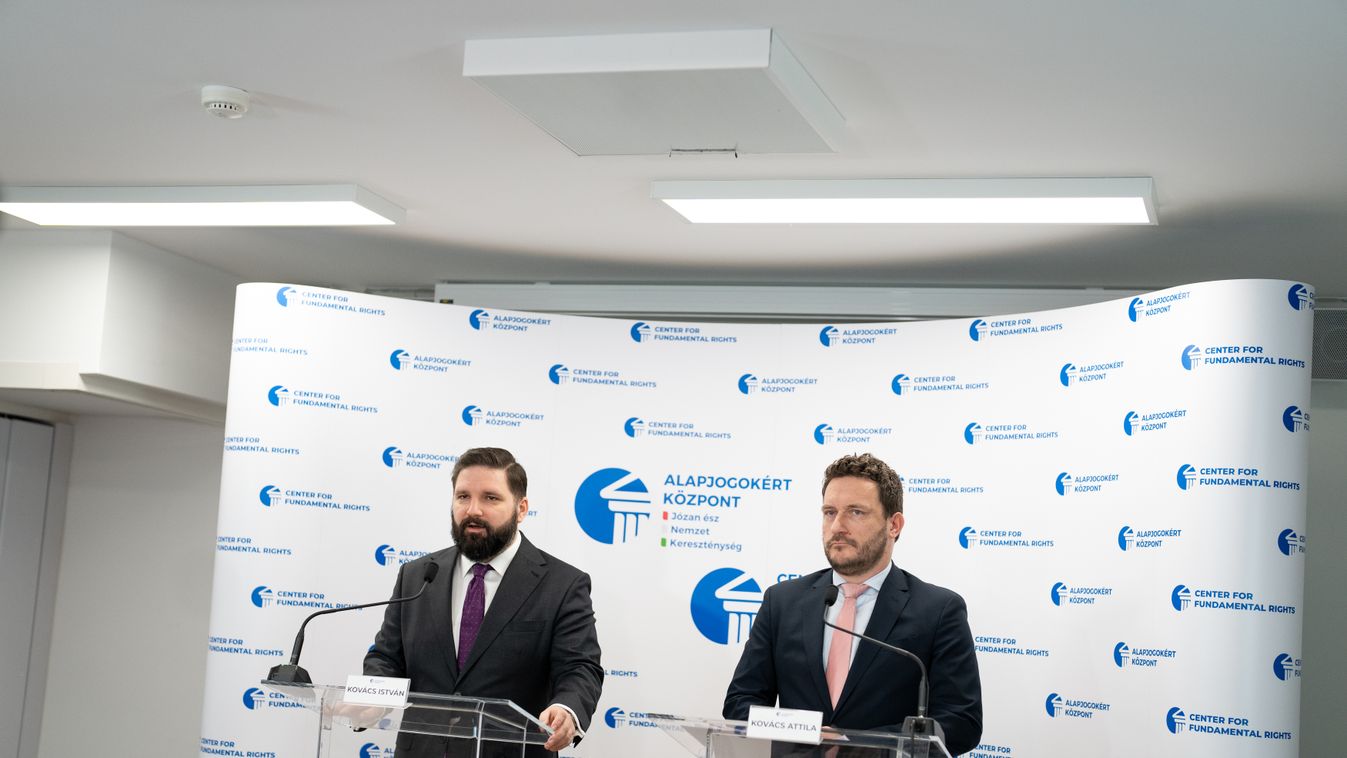
The experts outlined the shocking consequences of Ukraine's eventual accession and highlighted the possible motivation for the decision.
War should be an argument against accession, because it imports trouble into the European Union. However, this kind of approach has been prevailing in Brussels, and the same principle was followed regarding migration: instead of seeking to solve the problem locally, migrants were allowed into the continent,
Istvan Kovacs, strategic director at the Center for Fundamental Rights, pointed out.
It is clear that Ukraine must be supported, and Hungary will provide all support other than military, be it humanitarian aid or the reception of refugees,
the director underlined, noting that EU accession will not solve the war situation. The start of negotiations does not mean at all that Ukraine will become a member of the European Union in the near future, Istvan Kovacs added.
There are a number of points where the process could stall, and accession will require amendments to the EU treaties, which will have to be ratified by each member state as prescribed by their legislation. In Hungary, this means approval by the national assembly, but in several countries, such as Ireland, the Netherlands and France, it requires referendums, the outcome of which is far from clear.
További IN ENGLISH híreink
What consequences would ensue from Ukraine's accession?
A significant part of current EU agricultural subsidies is paid per hectare. As the second largest country in Europe, because of its sheer size, Ukraine's admission would lead to the demise of family farming, as the president of the German Farmers' Association recently pointed out. The European market would be unable to absorb such volumes of crops.
In addition, Ukraine's agricultural approach is not in line with that of the European Union. For example, a significant part of their genetically modified and chemically treated crops could not be sold in Hungary.
Cohesion funds constitute another important pillar of EU support. Subsidies per region are calculated on the basis of the ratio of GDP per capita to the EU average. Regions with a ratio below 75 percent are eligible.
Due to its size and underdevelopment, Ukraine would push down the average so much that no region apart from Ukrainian regions would be able to benefit from cohesion funding, and therefore
the current 27 member states would all become net contributors.
In addition to the decision to open accession talks, two other items on the agenda included the review of the EU budget and direct aid for Ukraine, but no decision was taken due to the veto of the Hungarian government.
The veto was necessary because, while the start of accession negotiations does not entail direct financial disadvantages for EU citizens, the situation is different for the other two issues, Istvan Kovacs pointed out.
Increased contributions from member states and joint borrowing are needed to finance Ukraine, while the previous joint borrowing was a failure.
Partiality, favoritism and rushing were the keywords in relation to Ukraine used by Attila Kovacs, director of EU research at the Center for Fundamental rights. In his view, the fact that a country at war was granted candidate status within a few months undermines the EU's credibility in the eyes of countries in the Western Balkans, for example, which have been awaiting membership for years, but Ukraine is also in for a disappointment.
This decision goes hand in hand with transforming Europe into a federal state, the expert noted. Regarding the approximately ten billion euros the EU released for Hungary in recent days, both experts called for caution. On the one hand, this is only a third of the amount withheld, and on the other, there are fears that Brussels could put obstacles to disbursing the money.
2023 has been a busy year in the EU political arena, according to the Center for Fundamental Rights, and with the EP elections in 2024, next year is not looking any less intensive.
Cover photo: Istvan Kovacs, strategic director, and Attila Kovacs, director of EU research from the Center for Fundamental Rights (Photo: Center for Fundamental Rights)
Komment
Összesen 0 komment
A kommentek nem szerkesztett tartalmak, tartalmuk a szerzőjük álláspontját tükrözi. Mielőtt hozzászólna, kérjük, olvassa el a kommentszabályzatot.
A téma legfrissebb hírei
Tovább az összes cikkhez
PM Orban: You Can’t Win Elections with a Keyboard—You Have to Knock on Doors + Video
"We must engage in battle," Hungary's prime minister said while campaigning alongside Tamas Menczer.
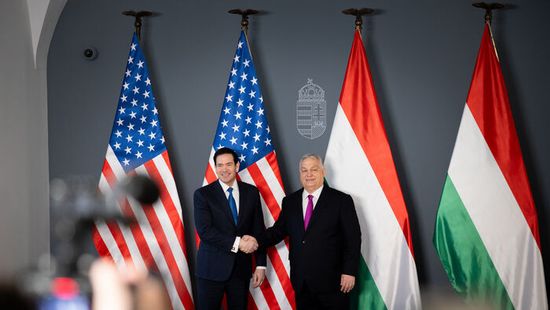
Washington Seeks to Continue Cooperation with PM Orban, Wants Hungary to Succeed
Marco Rubio stated that Trump is committed to Viktor Orban's success.
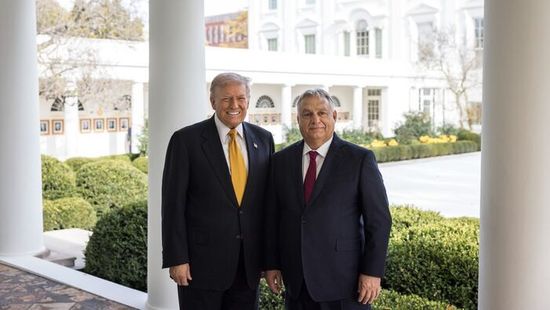
PM Orban and Trump’s Secretary of State to Hold Talks Today on Peace and Cooperation
They are committed to establishing peace and stopping illegal migration.
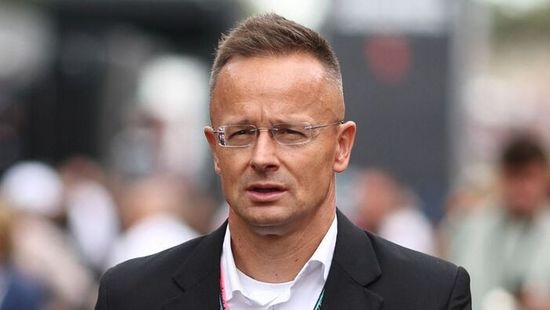
Hungary FM: Hungary, Slovakia Turn to Croatia to Secure Russian Oil Deliveries
Hungary’s energy security cannot be treated as an ideological issue.
Ne maradjon le a Magyar Nemzet legjobb írásairól, olvassa őket minden nap!
- Iratkozzon fel hírlevelünkre
- Csatlakozzon hozzánk Facebookon és Twitteren
- Kövesse csatornáinkat Instagrammon, Videán, YouTube-on és RSS-en

Címoldalról ajánljuk
Tovább az összes cikkhez
PM Orban: You Can’t Win Elections with a Keyboard—You Have to Knock on Doors + Video
"We must engage in battle," Hungary's prime minister said while campaigning alongside Tamas Menczer.

Washington Seeks to Continue Cooperation with PM Orban, Wants Hungary to Succeed
Marco Rubio stated that Trump is committed to Viktor Orban's success.

PM Orban and Trump’s Secretary of State to Hold Talks Today on Peace and Cooperation
They are committed to establishing peace and stopping illegal migration.

Hungary FM: Hungary, Slovakia Turn to Croatia to Secure Russian Oil Deliveries
Hungary’s energy security cannot be treated as an ideological issue.

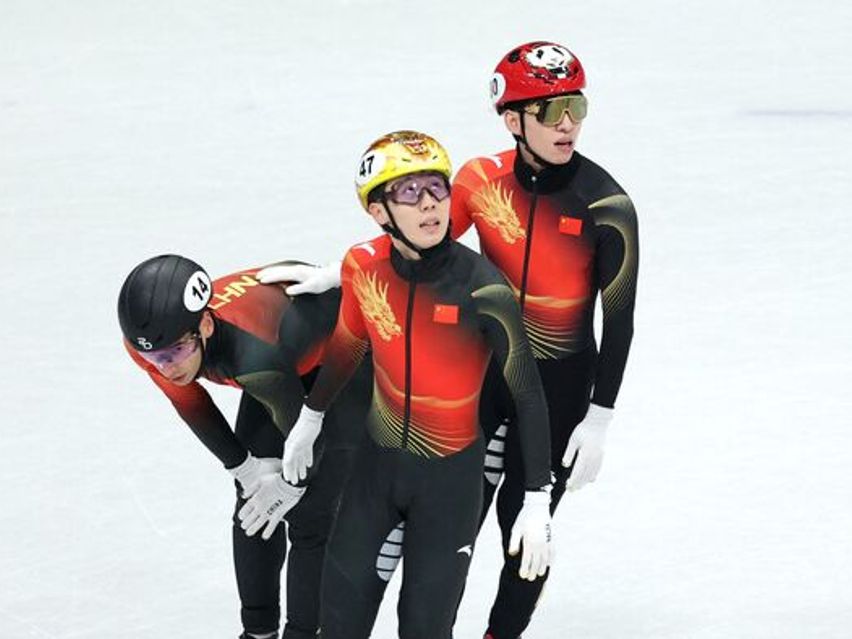
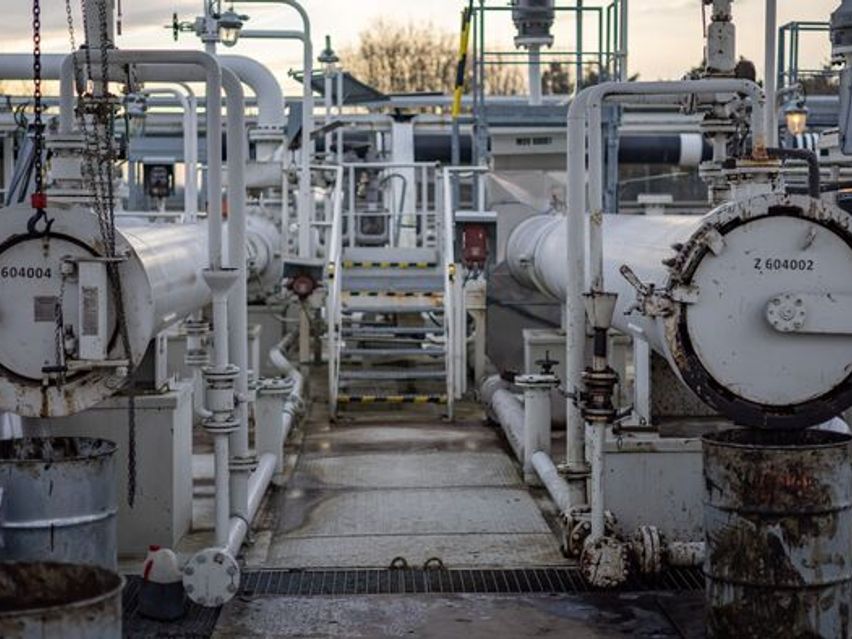
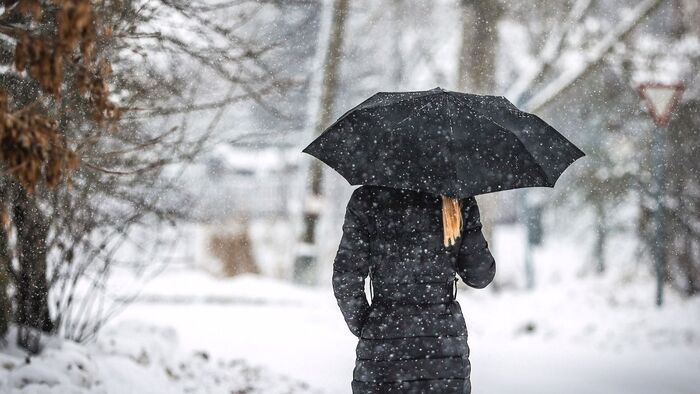

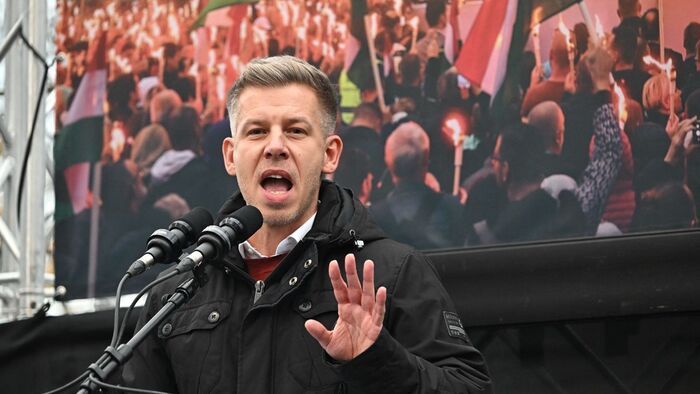
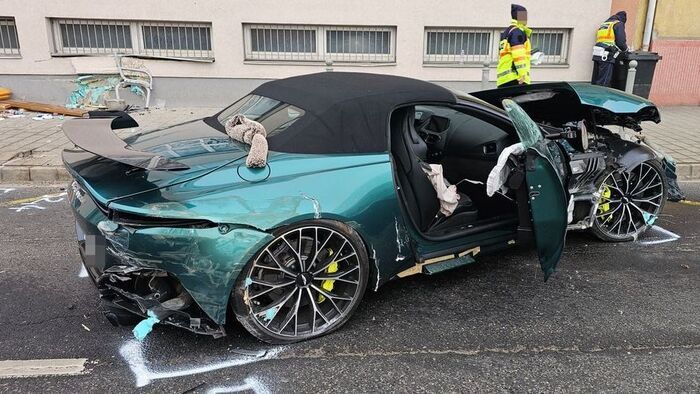
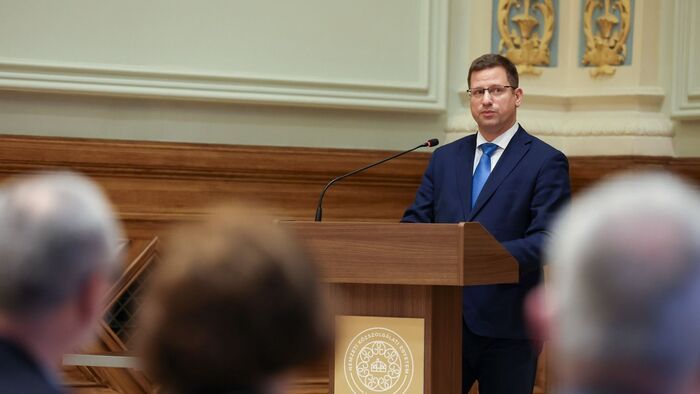

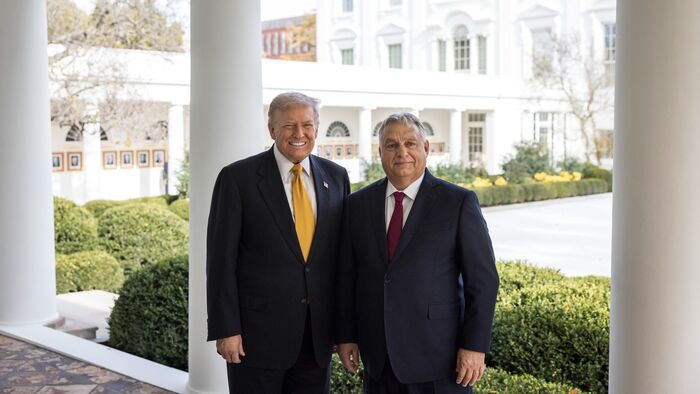
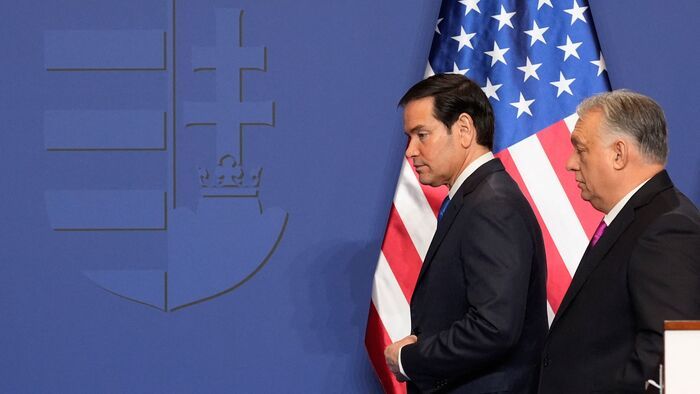
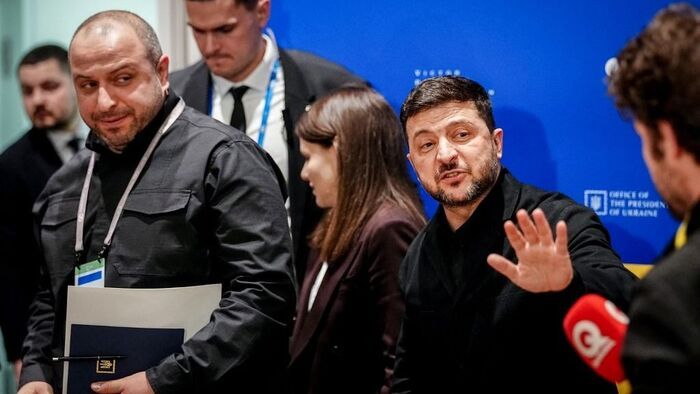





Szóljon hozzá!
Jelenleg csak a hozzászólások egy kis részét látja. Hozzászóláshoz és a további kommentek megtekintéséhez lépjen be, vagy regisztráljon!